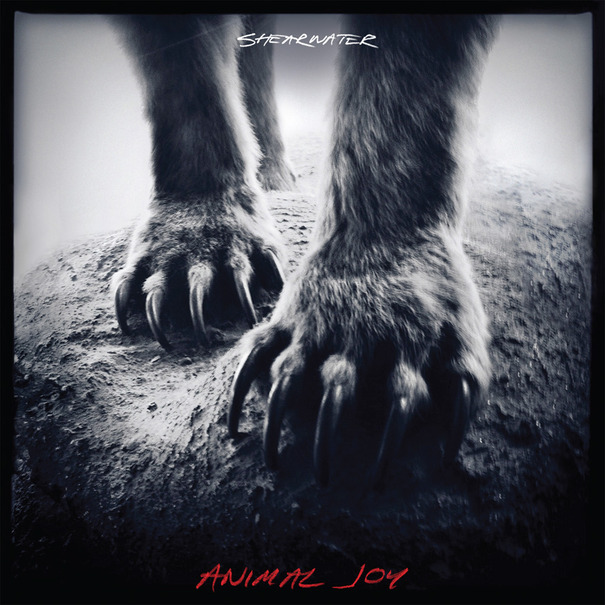2012, Barsuk
Martin White
7.1 / 10
Brent Knopf has always had my favorite vocal features with Menomena. His is an innocent cadence, occasionally weary but often it is filled with a feeling of awe and wonderment. It is a characteristic that separates him from his former bandmates' brazen confidence. Menomena's final LP, Mines, found Knopf's influence shining through on "Killemall" and "INTIL," tracks whose origins felt pulled from Ramona Falls' debut LP, Intuit. While Prophet feels like a continuing evolution in this direction, there are some potholes along the way.
While these densely textured and intricately pieced together songs certainly do sound like the work of one of Menomena's founders, Knopf imprints an air for the dramatic on his music. Prophet's tracks are also imbued with a measured thoughtfulness, though Knopf does not always handle these themes particularly cleanly. Opener "Bodies of Water." The song plays out like Ramona-Falls-by-numbers, introduced by tinkling pianos, layer upon layer of guitars, strings, stumbling percussion. And the lyrics are filled with platitudes and cliches like "I have to...let go," "You can't take it back," "softest lips, sharpest tongue," and concludes with the narrator's desire to "swim there....where we fell in love." It comes across as an overwrought breakup song, though I'm not sure that's what was intended.
Though Knopf may not communicate his sentiments about love and life in the most artful way, his earnest delivery and knack for hooky melodies keeps these songs afloat. The depth of sound on the record is quite vast, it all comes together on some deceptively simple choruses that are anthemic and very catchy. "The Space Between Lightning and Thunder" and "Archimedes Plutonium" set themselves apart with their genuinely uplifting choruses that are drenched in layers of Knopf's gorgeous, trademark sound. "Plutonium," in particular, is one of the album's highlights, pulling the sound back with handclaps, acoustic guitar, distant twinkles, before brushing it again with waves of tumbling keystrokes and deep piano reverb.
Highly textured sounds and complex song structures are certainly one of the Ramona Falls/Menomena trademarks, yet occasionally these serve to obscure certain moments. And though Knopf's piano-based themes are certainly one of the elements that makes his music stand out, he must also be careful that they don't start all sounding the same. "Fingerhold" and "If i Equals u's" both begin very similarly and are flecked with some of the aforementioned issues. The former has a very unnecessary prog-rock coda that awkwardly brings the song to a close, while the latter's refrain of "I haven't lived a day in my life" is obscured by an excessive use of synth bloops and feedback-laden guitar. The two form a bit of a mess toward the middle of the LP. Fortunately, the two tracks that bookend them, "Sqworm" and "Brevony" highlight two of Knopf's better rockers. These tracks call back to Friend and Foe-era Menomena, full of chugging guitars and searing riffs, but it is their simplicity that help them stand out.
However, Prophet's most satisfying moment arrives with its penultimate song, "Proof." Again Ramona Falls deftly combine strings, guitars, and piano to create a truly haunting send-off for the record. It is an overwhelmingly pretty song that could easily become eye-rolling material without Knopf's deft hand.
















